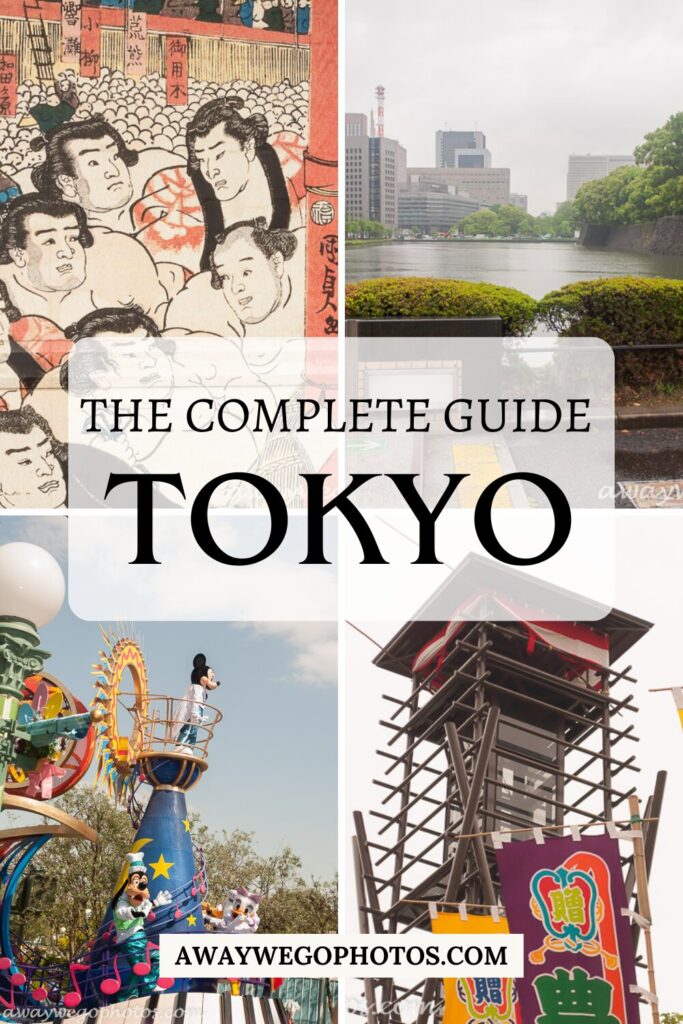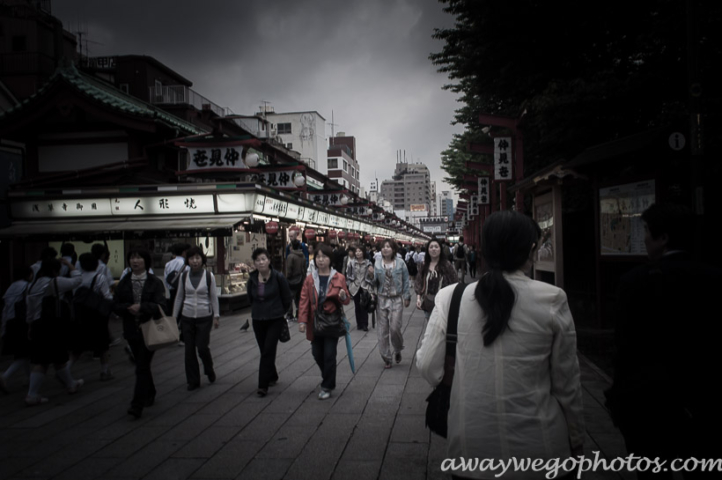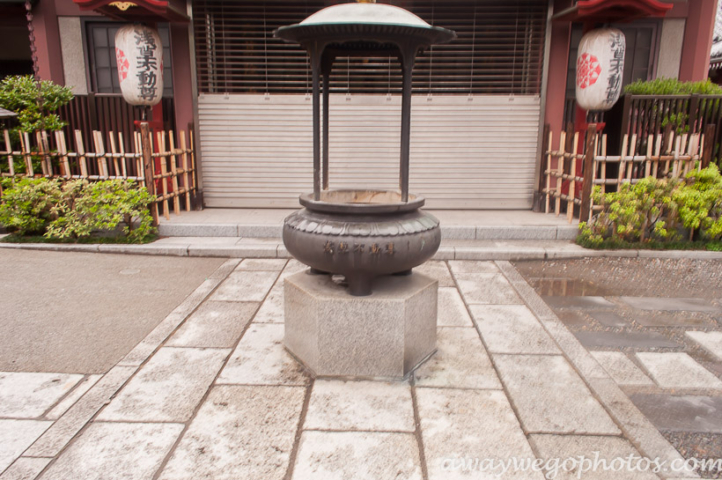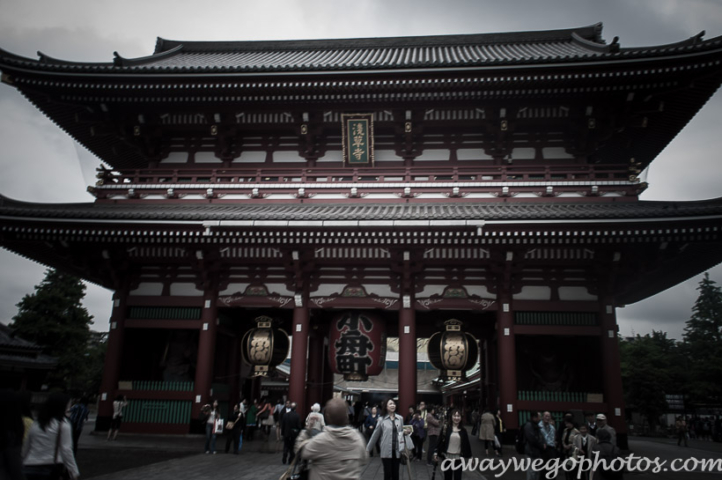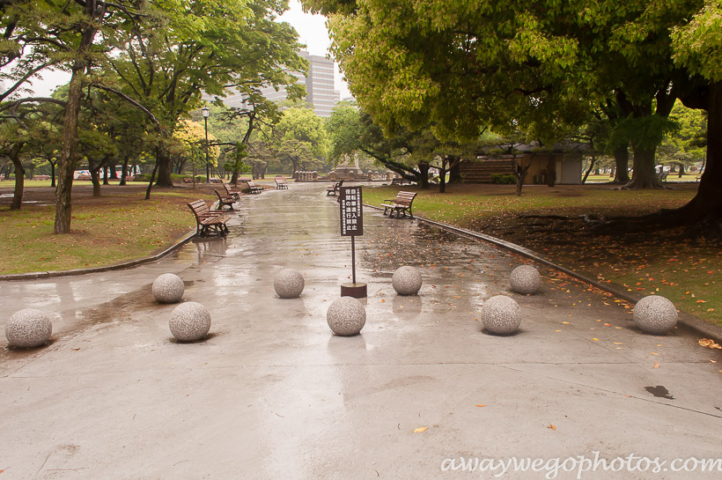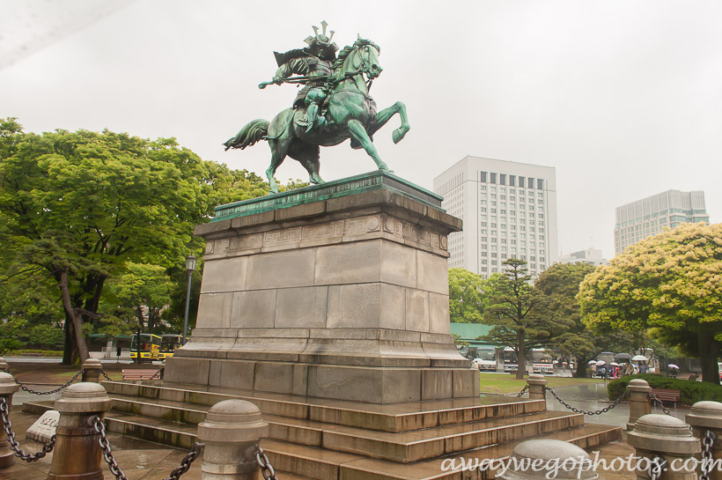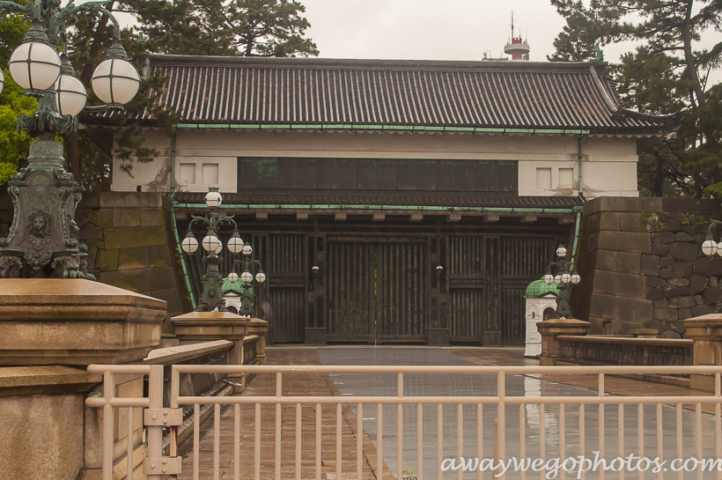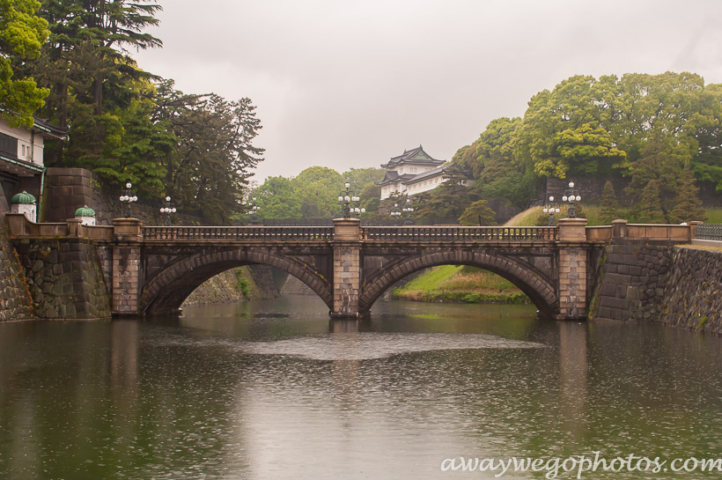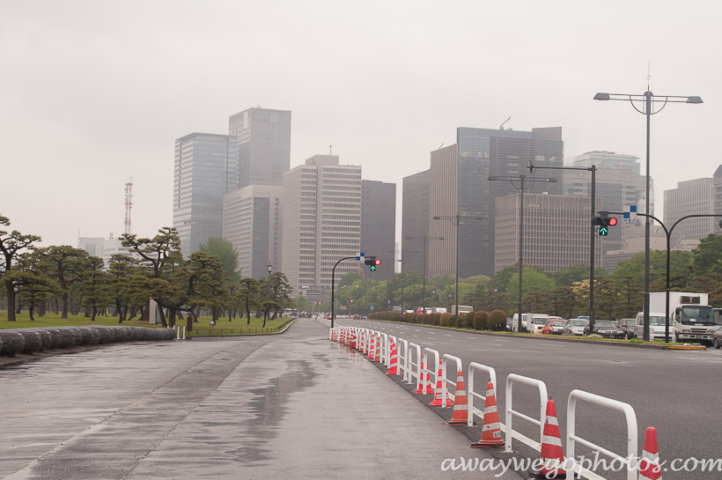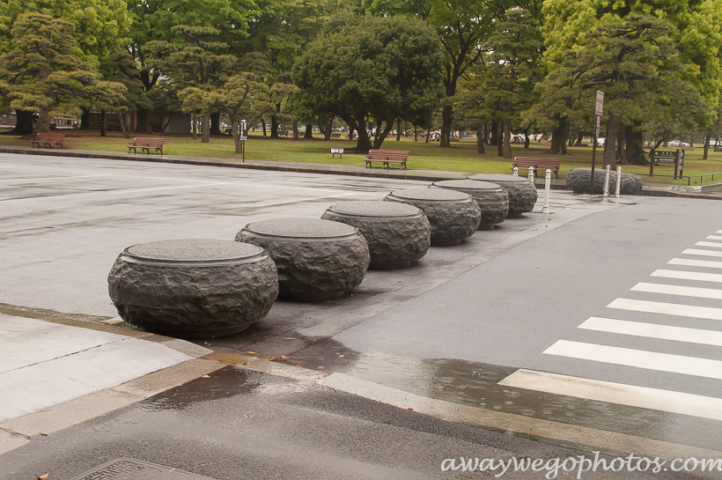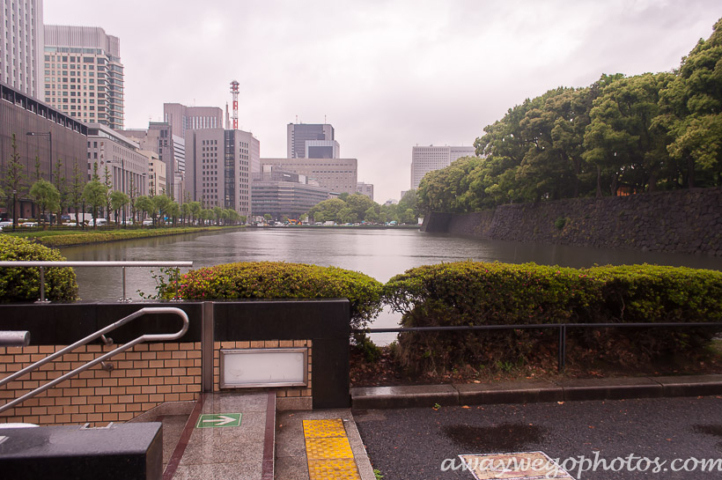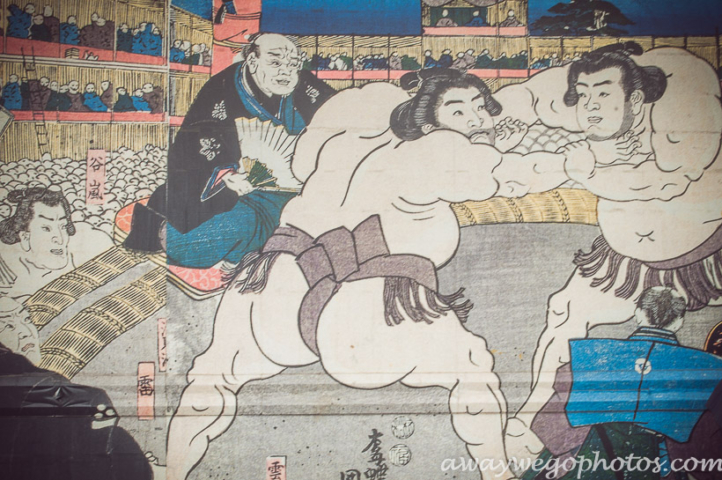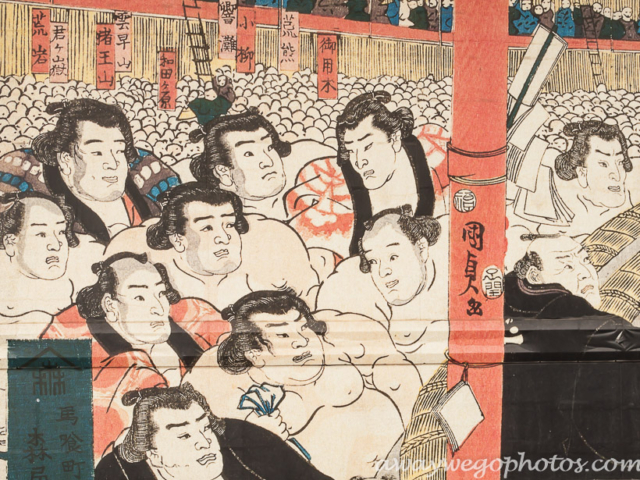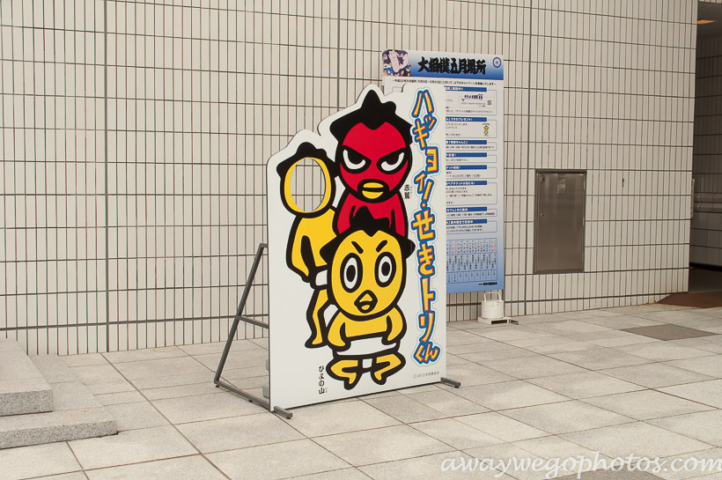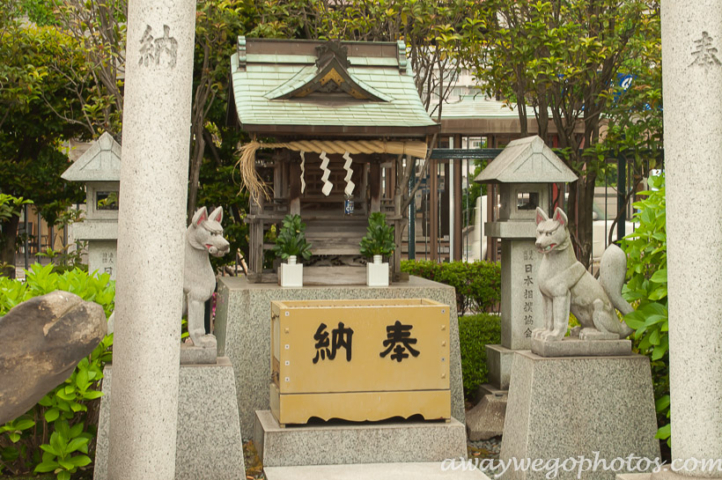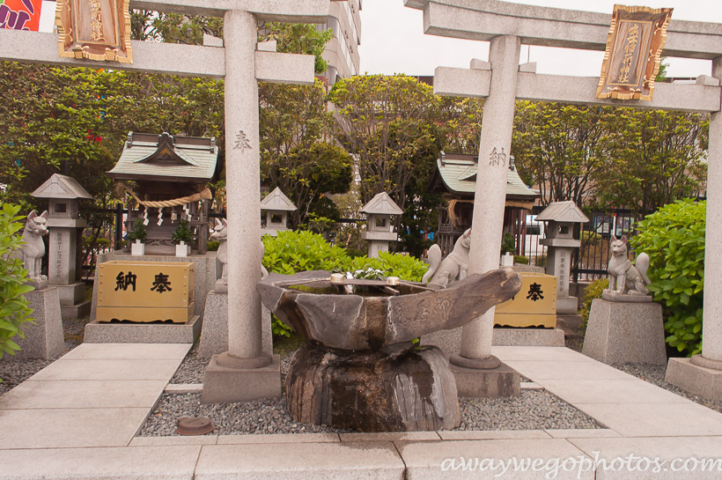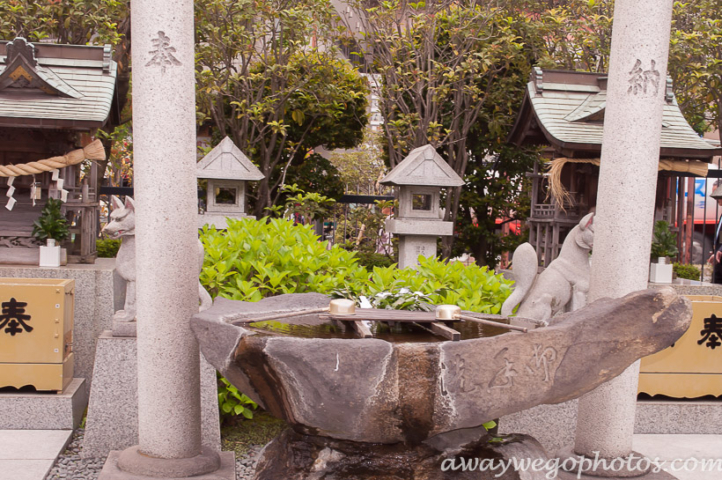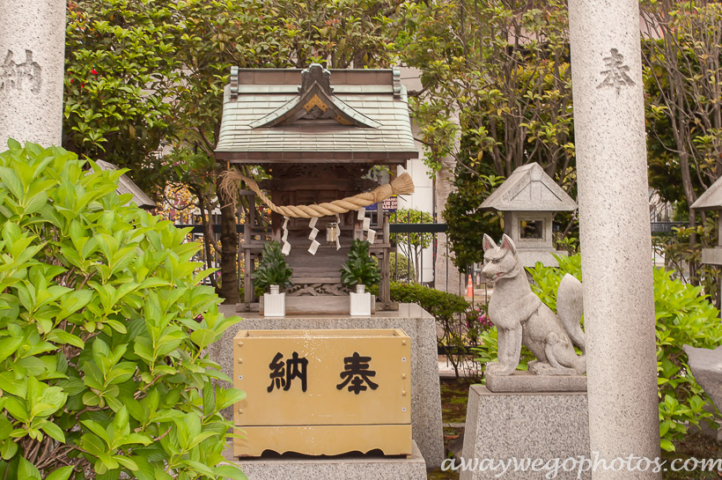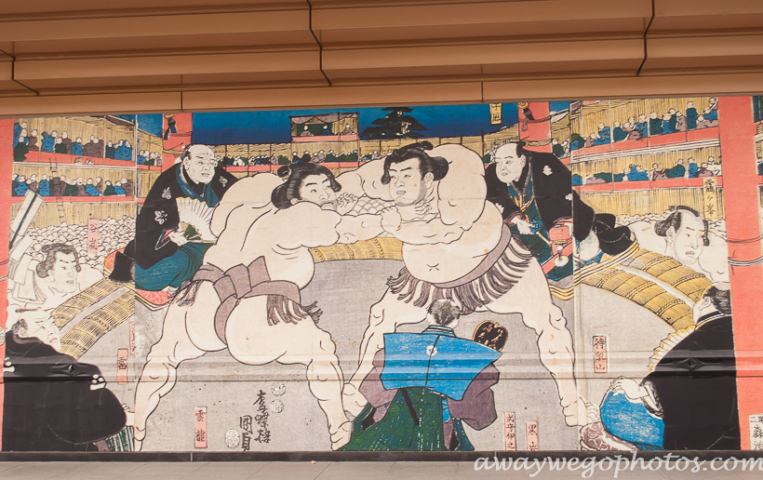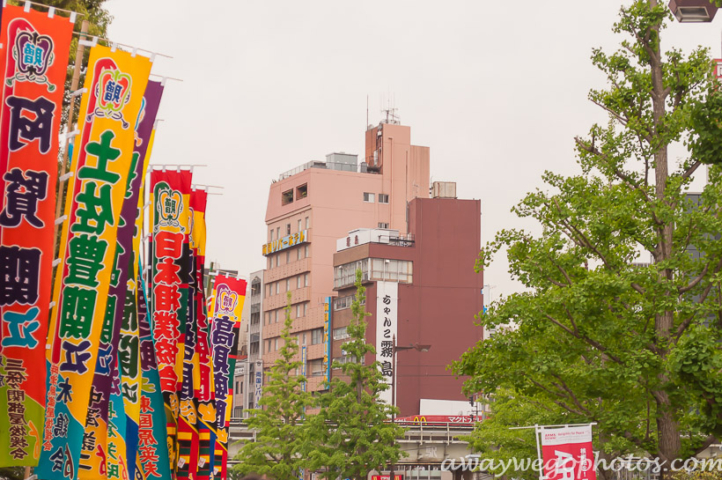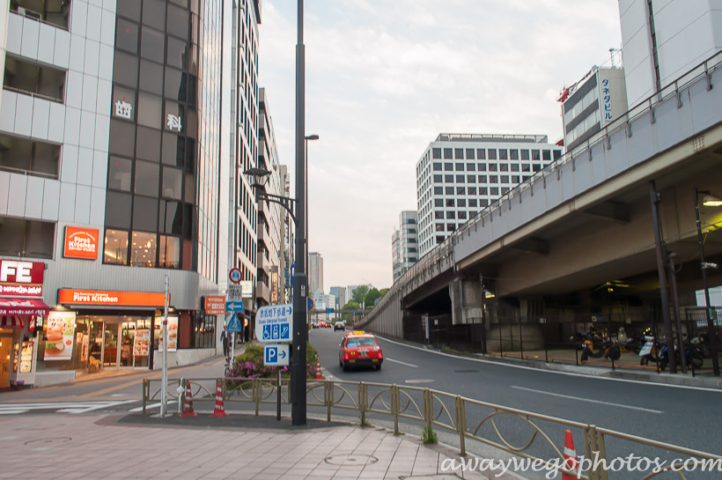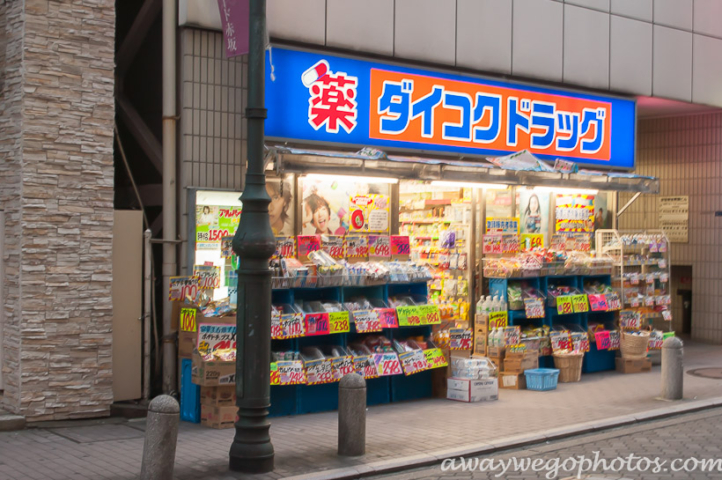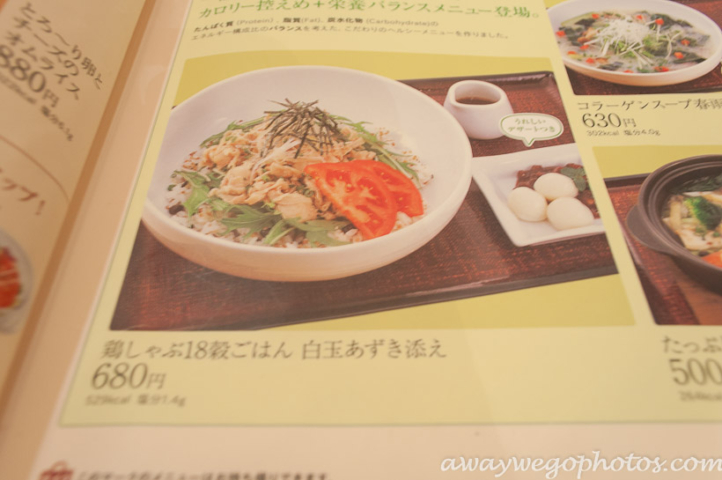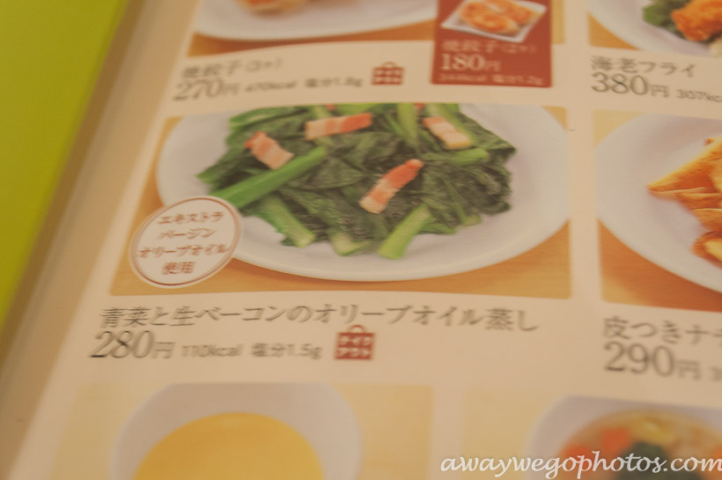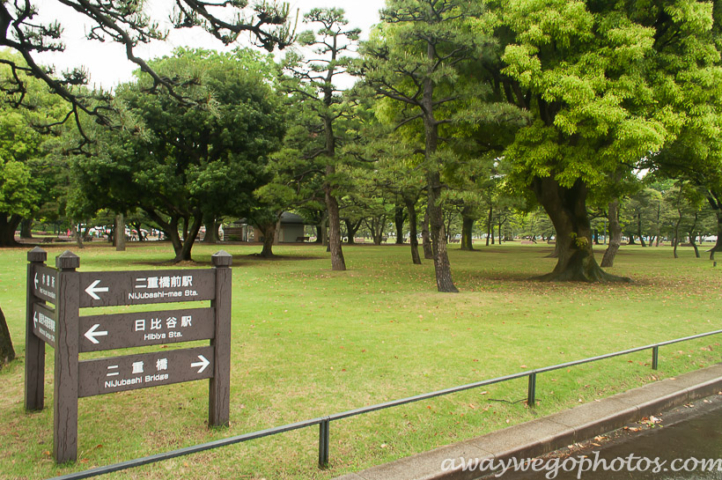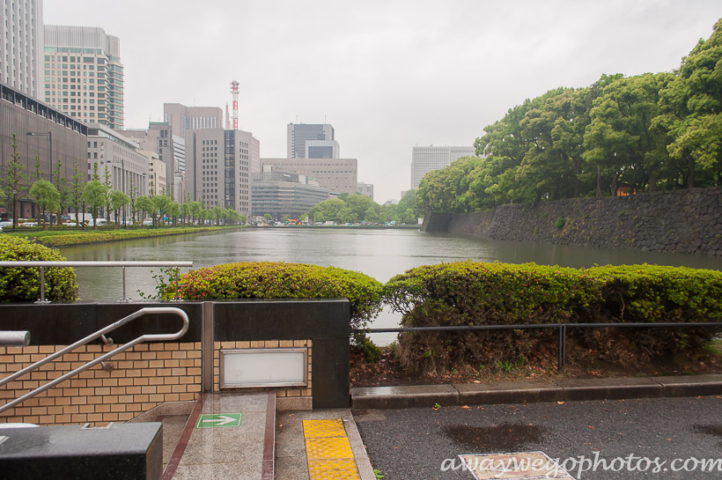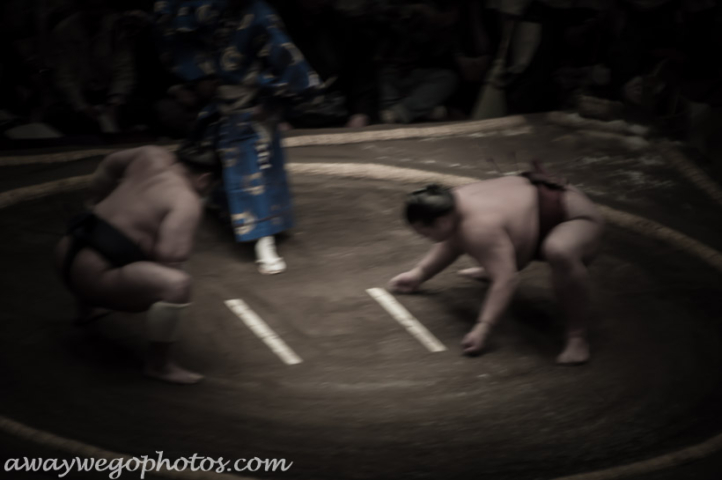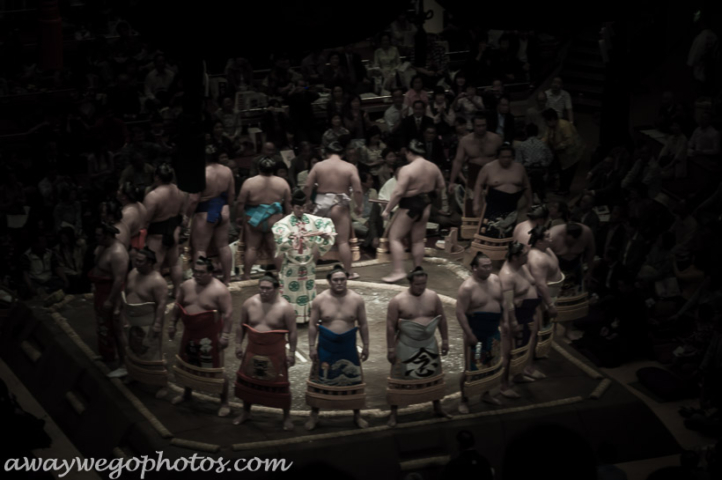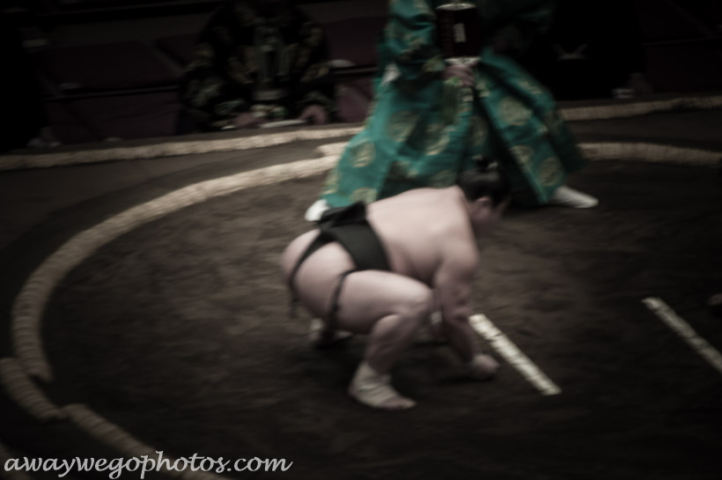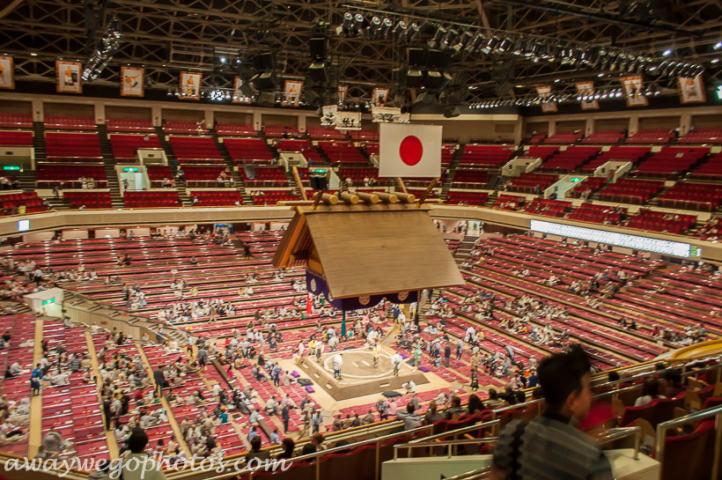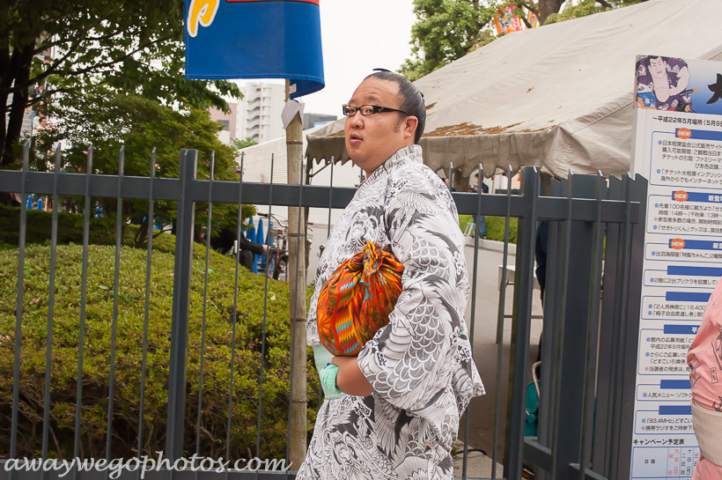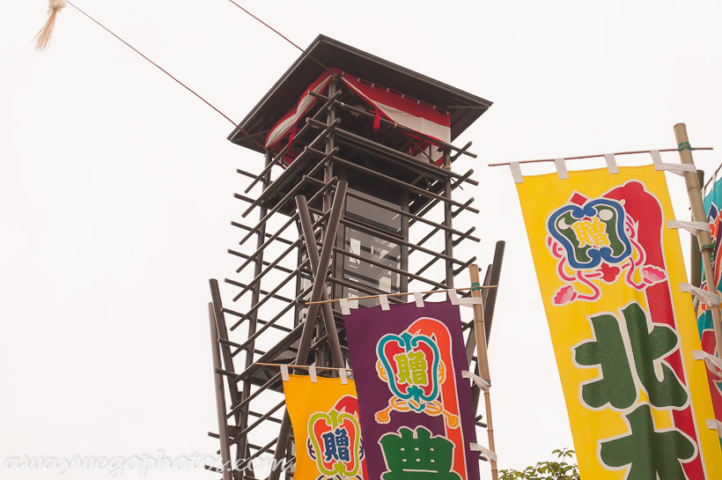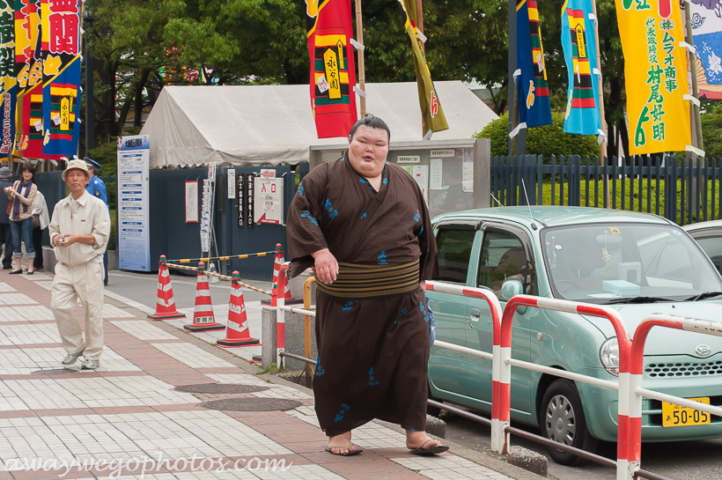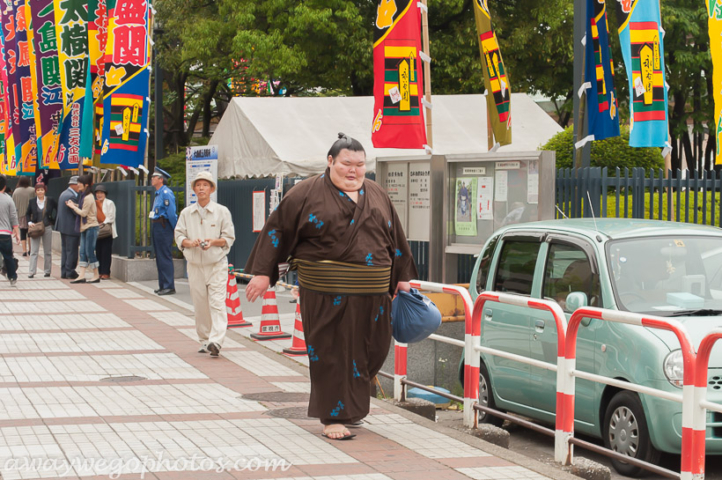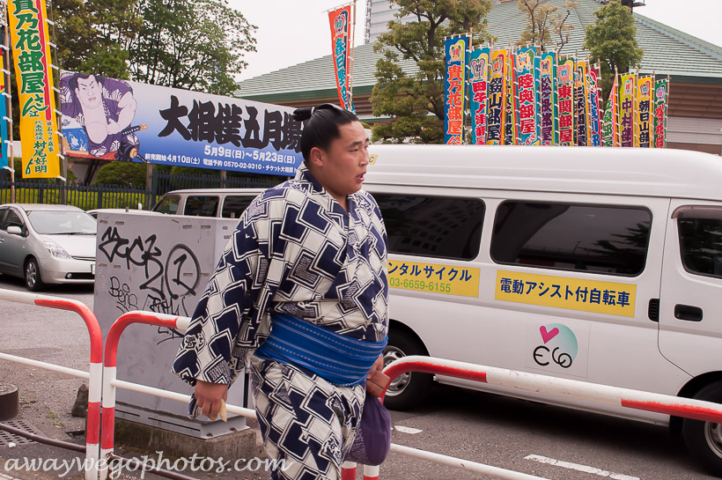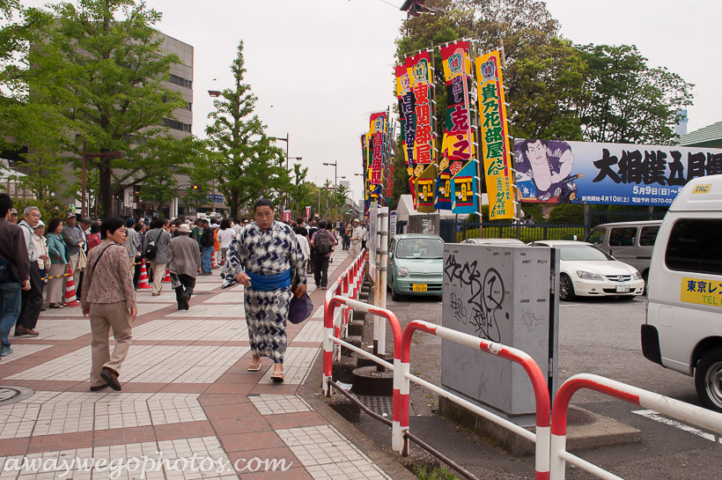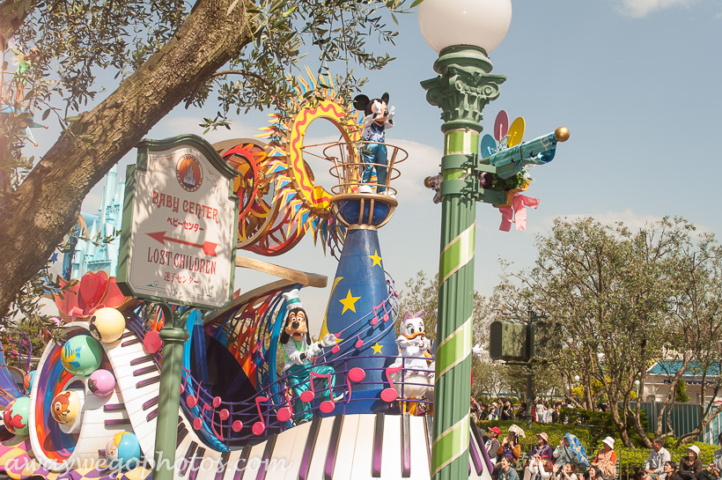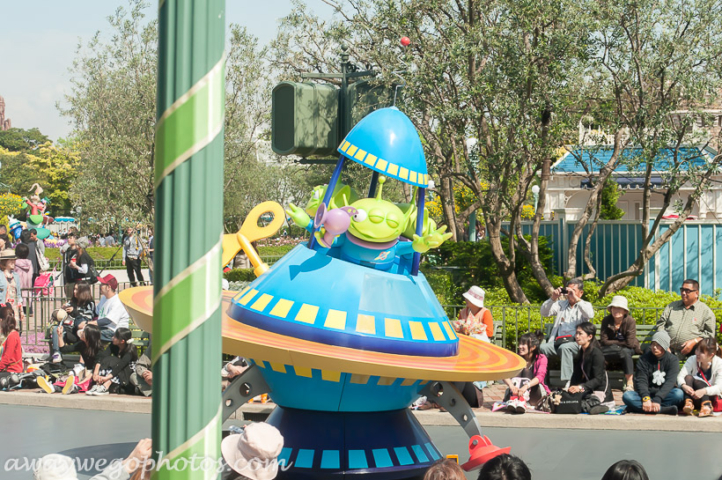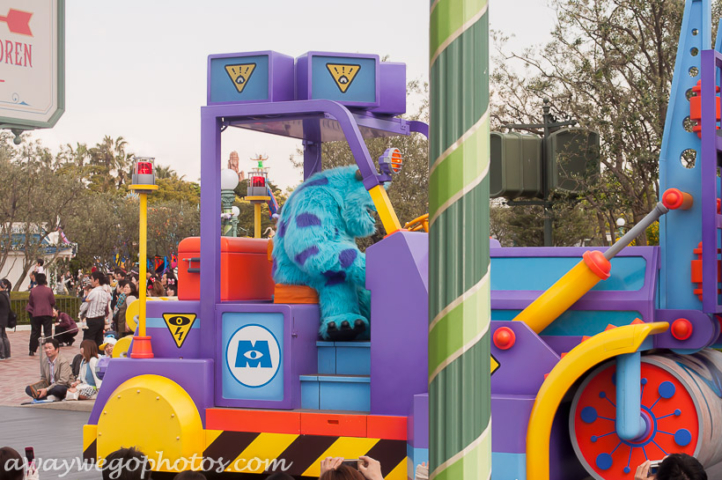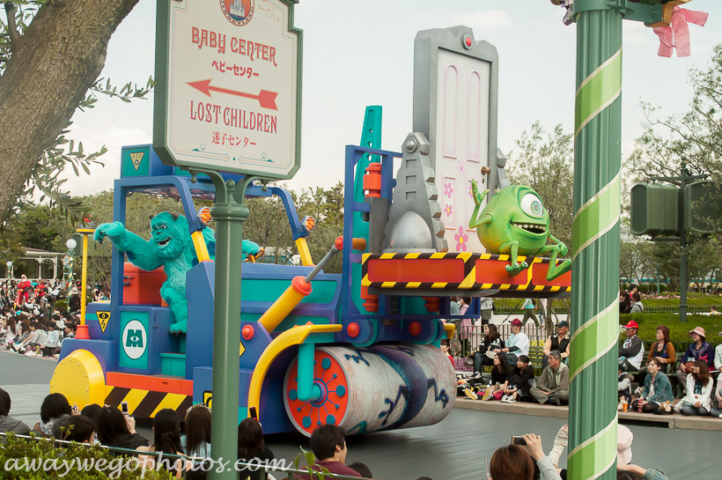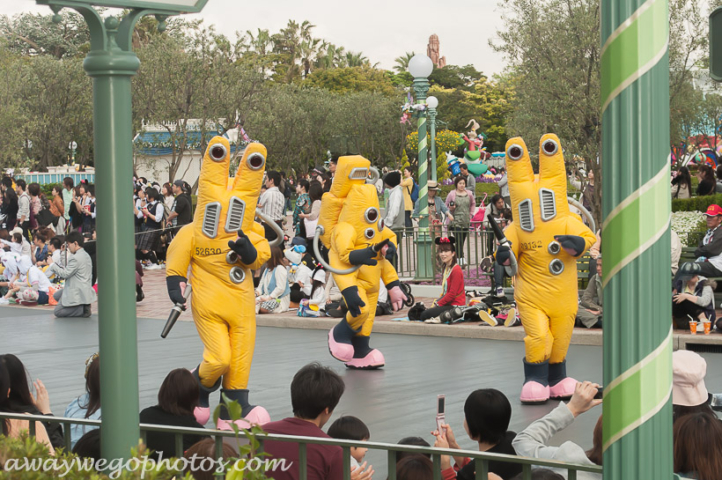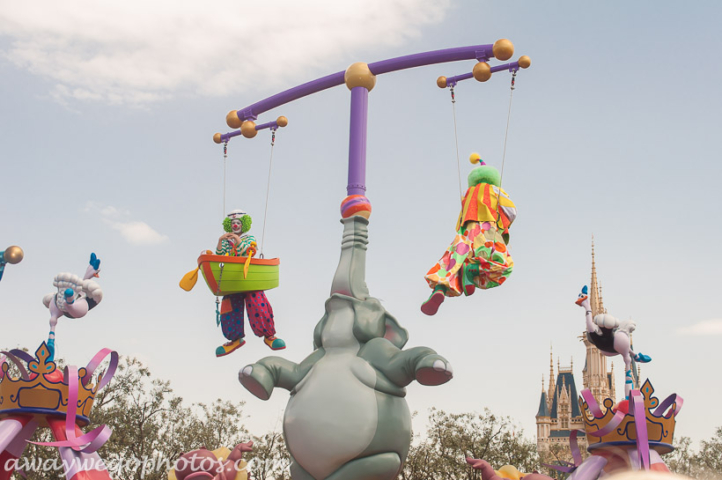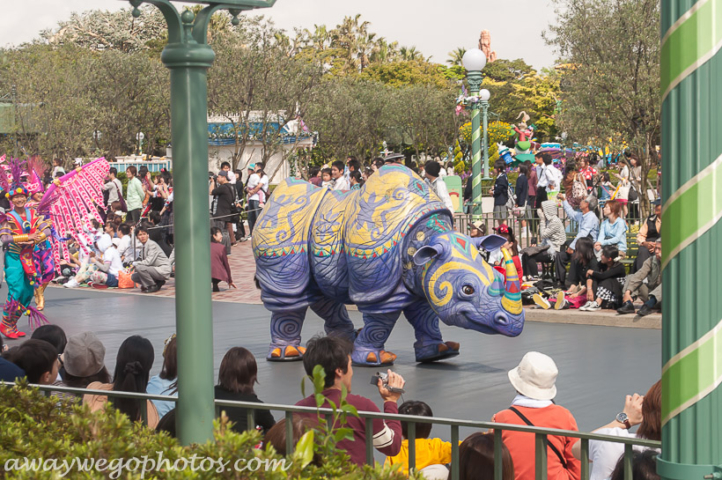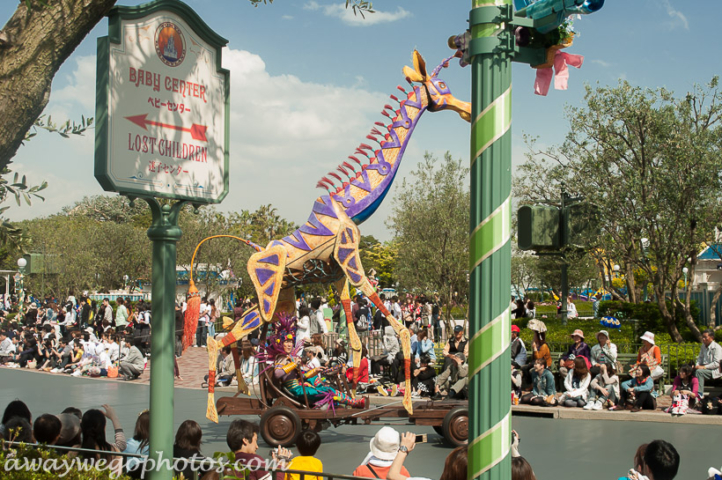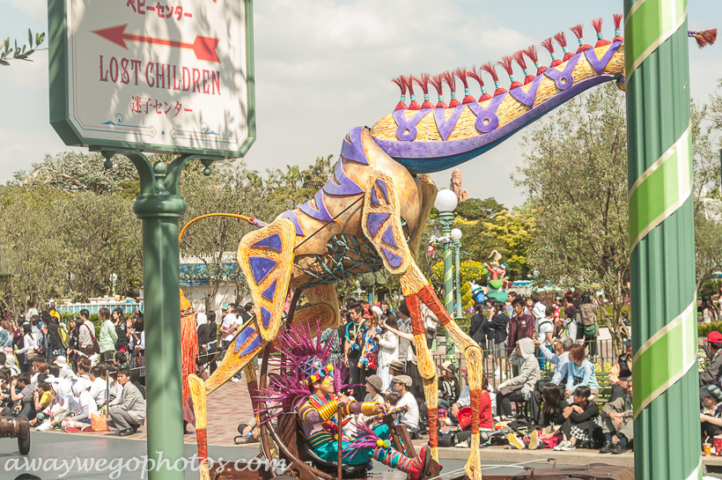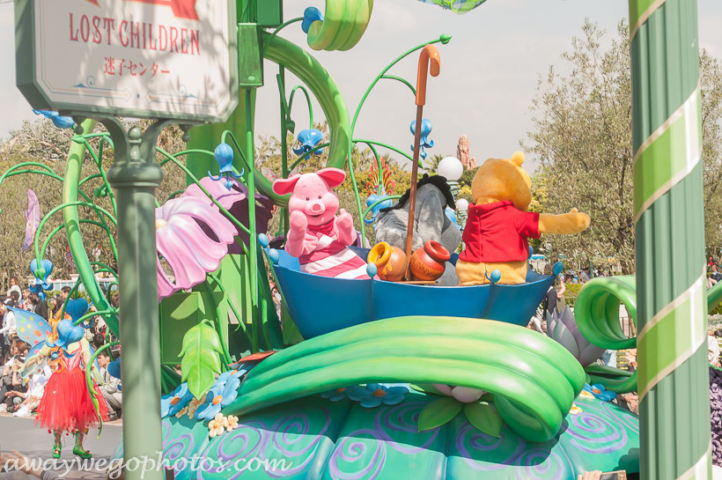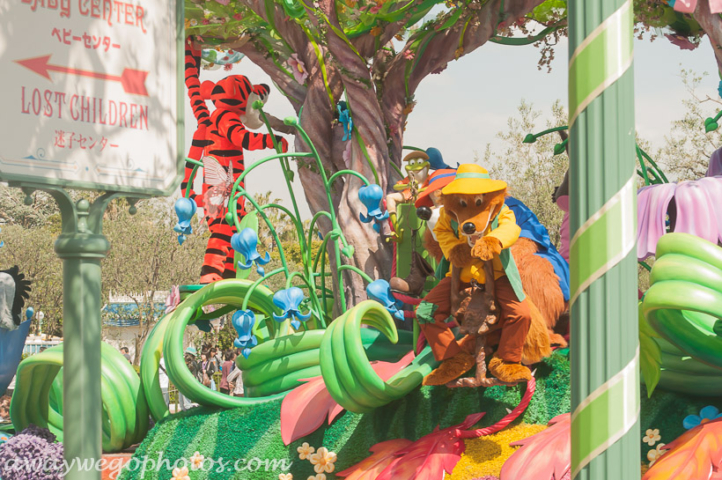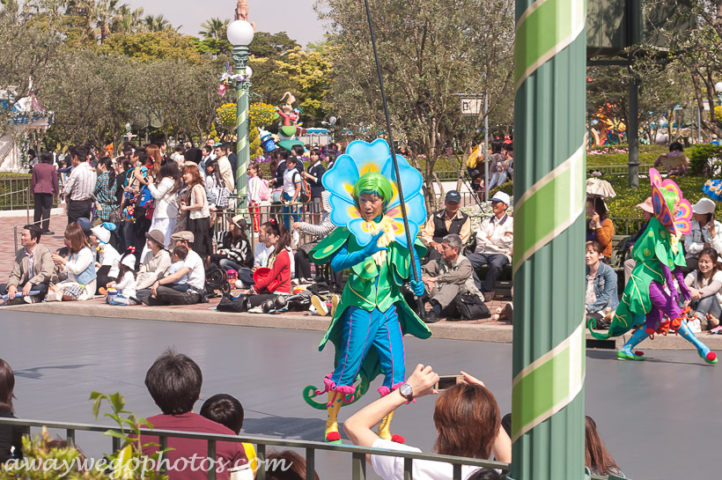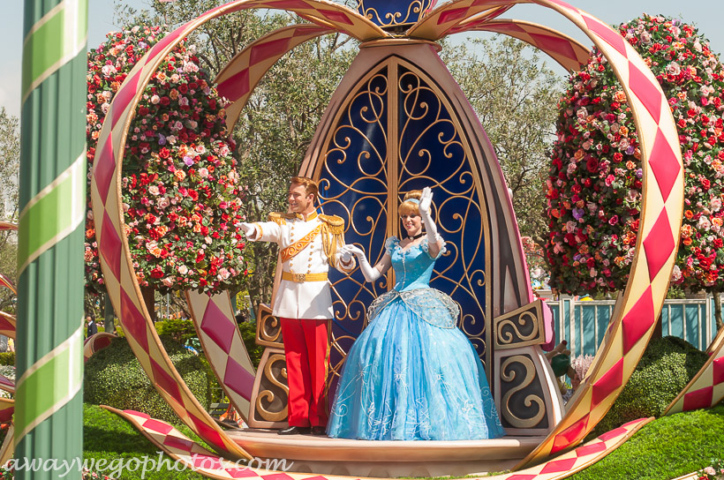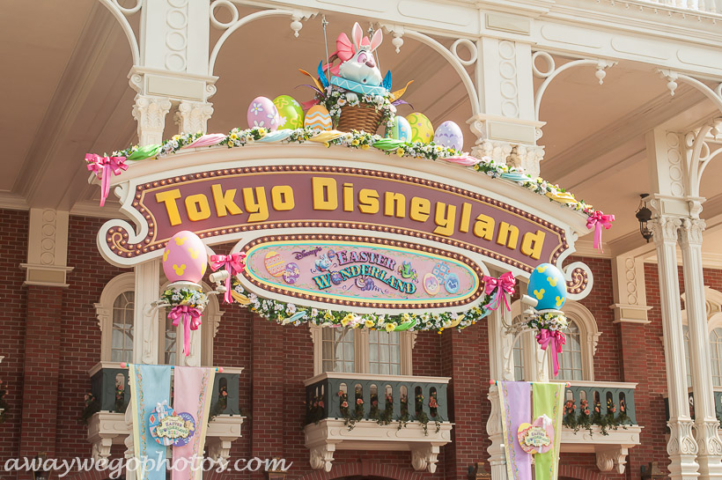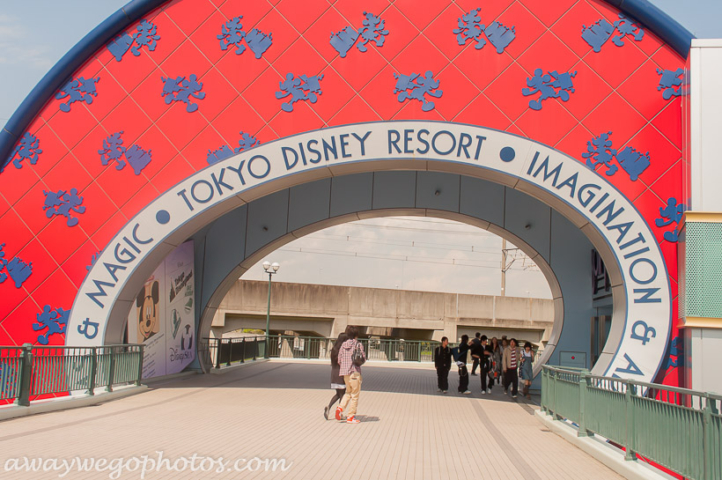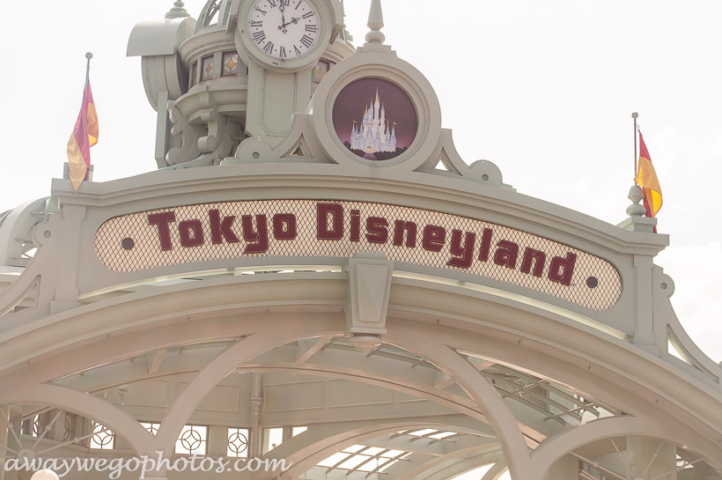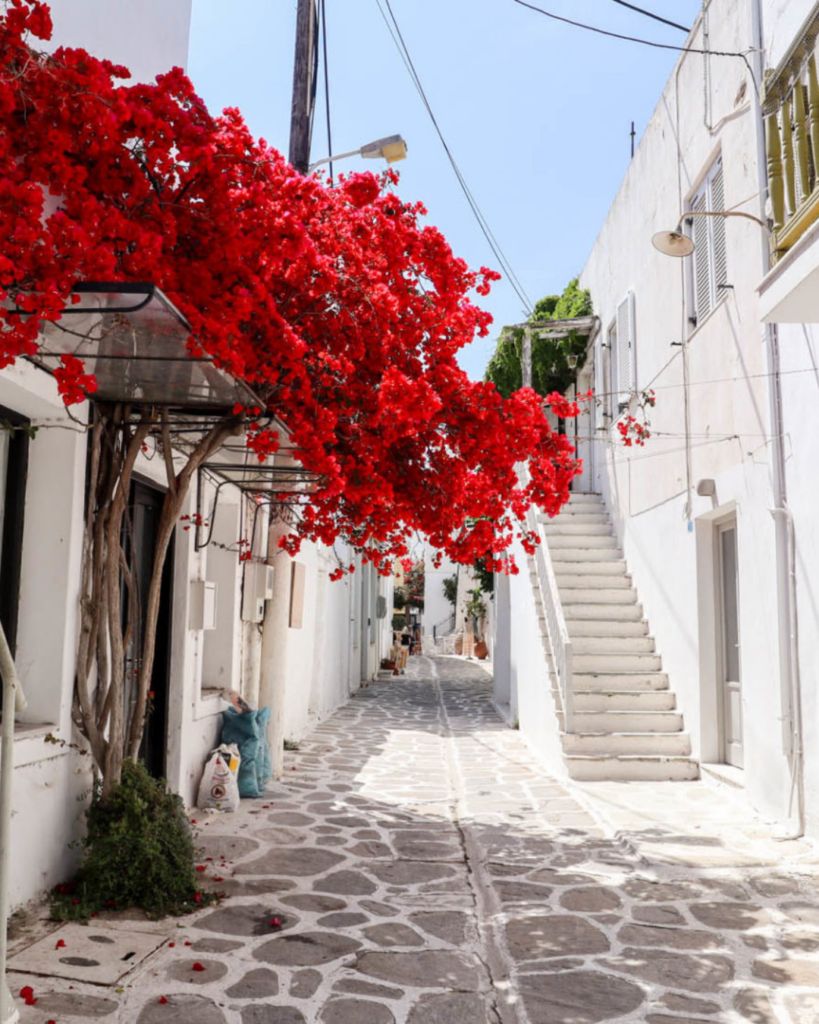Welcome to Tokyo, Japan’s bustling capital and a city where tradition meets innovation. Home to over 14 million residents, Tokyo is a dynamic metropolis known for its skyscrapers, historic temples, and vibrant neighborhoods. Originally called Edo, it became Tokyo in 1868 and transformed into a global hub.
Visitors can explore landmarks like the Tokyo Skytree, Imperial Palace, and Shibuya Crossing. Famous for its culinary excellence, Tokyo has more Michelin-starred restaurants than any other city. Efficient public transport, including Shinkansen bullet trains, makes navigating easy. Tokyo’s blend of past and present offers an unforgettable experience for every traveler.
Note: I visited Tokyo, Japan, back in 2010!
Where is Tokyo, Japan?
Tokyo, Japan, is located on the eastern coast of the island of Honshu, which is the largest of the four main islands of Japan. It is situated in the Kanto region, facing the Pacific Ocean to the east. Tokyo serves as the capital city of Japan and is one of the country’s 47 prefectures.
10 Key Facts about Tokyo, Japan
- Capital City: Tokyo is the capital of Japan.
- Population: It is the most populous city in Japan, with over 14 million residents in the city proper and over 37 million in the Greater Tokyo Area.
- Economy: Tokyo is one of the world’s major financial centers and hosts the headquarters of numerous multinational corporations.
- History: Originally known as Edo, it became Tokyo (“Eastern Capital”) in 1868 when Emperor Meiji moved the imperial capital from Kyoto.
- Landmarks: Iconic landmarks include the Tokyo Tower, the Tokyo Skytree, the Imperial Palace, and Shibuya Crossing.
- Transport: Tokyo has one of the world’s most extensive and efficient public transportation systems, including the famous Shinkansen bullet trains.
- Culture: The city is known for its blend of traditional and modern culture, from historic temples like Senso-ji to futuristic districts like Akihabara.
- Education: Home to some of Japan’s top universities, including the University of Tokyo and Waseda University.
- Events: Tokyo hosted the Summer Olympics twice, in 1964 and 2021.
- Cuisine: Renowned for its diverse food scene, Tokyo boasts more Michelin-starred restaurants than any other city in the world.
Top Attractions
Senso-ji Temple
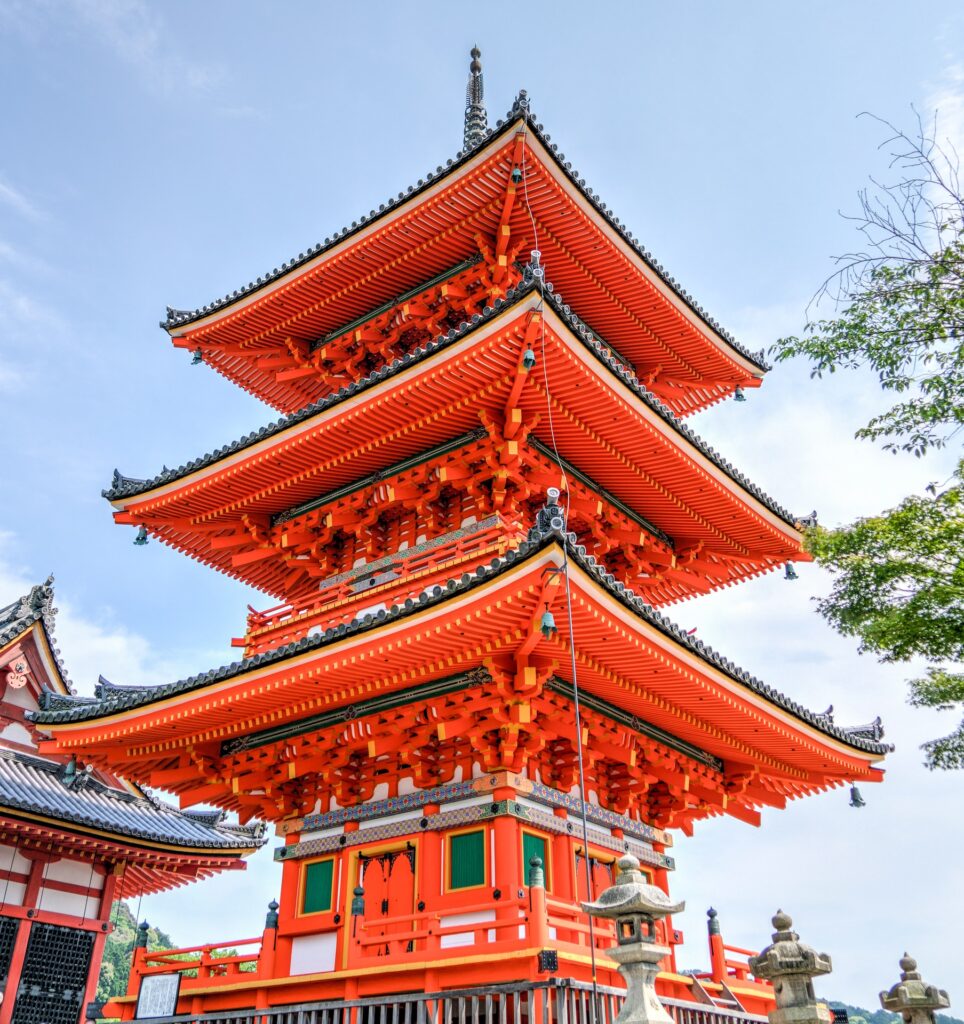
Senso-ji Temple, Tokyo’s oldest temple, is located in the Asakusa district. Founded in 645 AD, it is dedicated to Kannon, the Buddhist goddess of mercy. The temple’s majestic Kaminarimon (Thunder Gate) and vibrant Nakamise shopping street make it a popular cultural and spiritual site.
Meiji Shrine
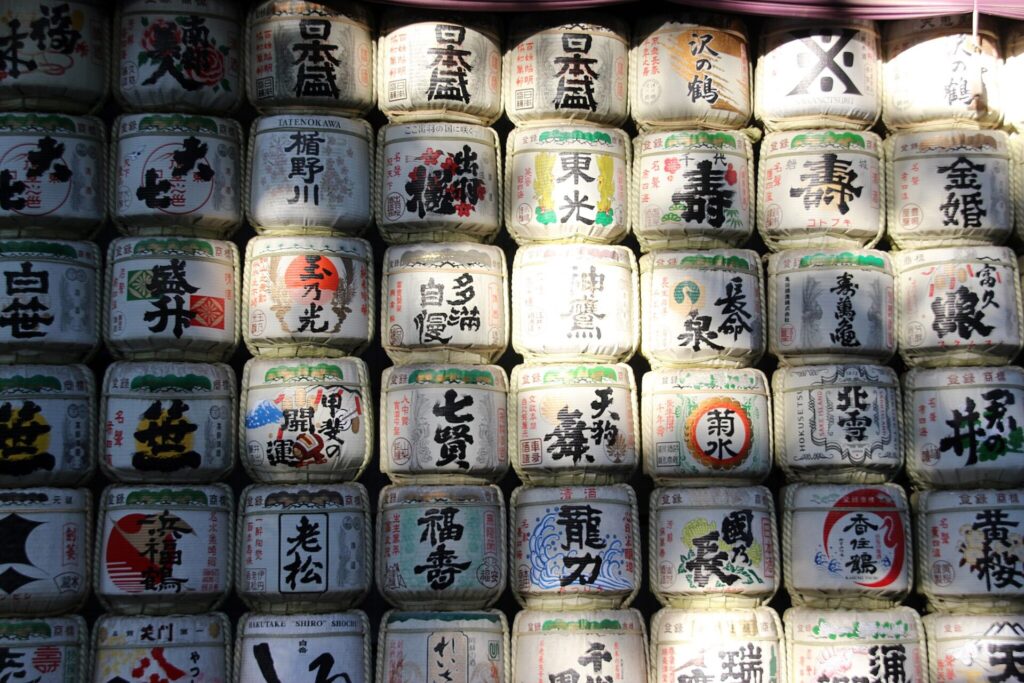
Meiji Shrine, located in Shibuya, Tokyo, is dedicated to Emperor Meiji and Empress Shoken. Surrounded by a lush forest, it offers a serene escape from the city. Built in 1920, this Shinto shrine is renowned for its traditional weddings, Torii gates, and seasonal festivals.
Imperial Palace
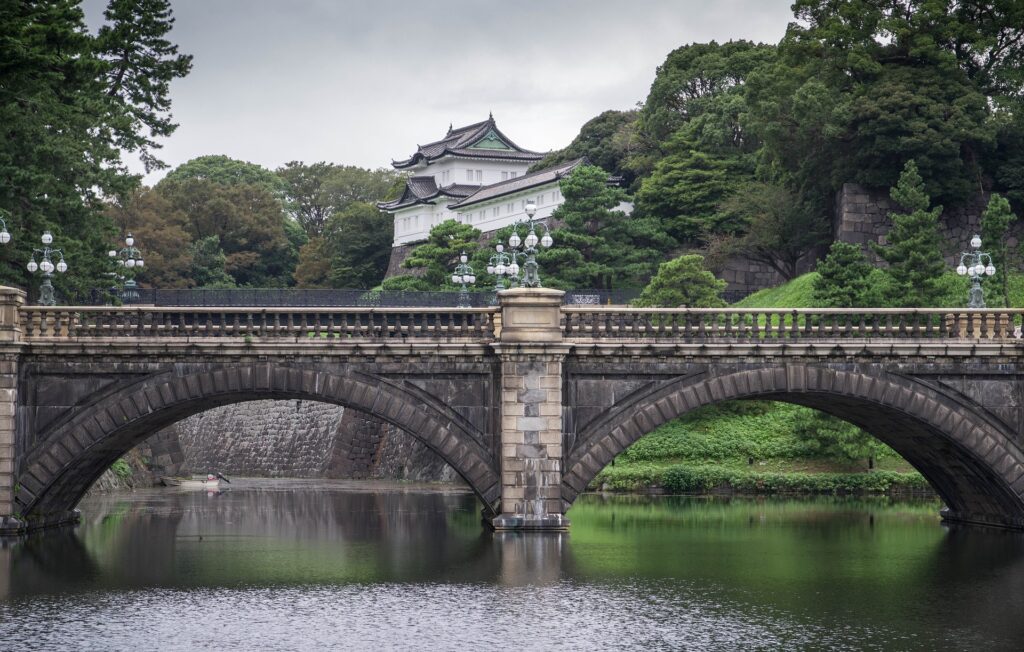
The Imperial Palace, located in the heart of Tokyo, is the primary residence of Japan’s Emperor. Surrounded by moats and gardens, it stands on the site of the old Edo Castle. While the inner grounds are mostly closed to the public, the East Gardens are accessible year-round.
Tokyo Tower
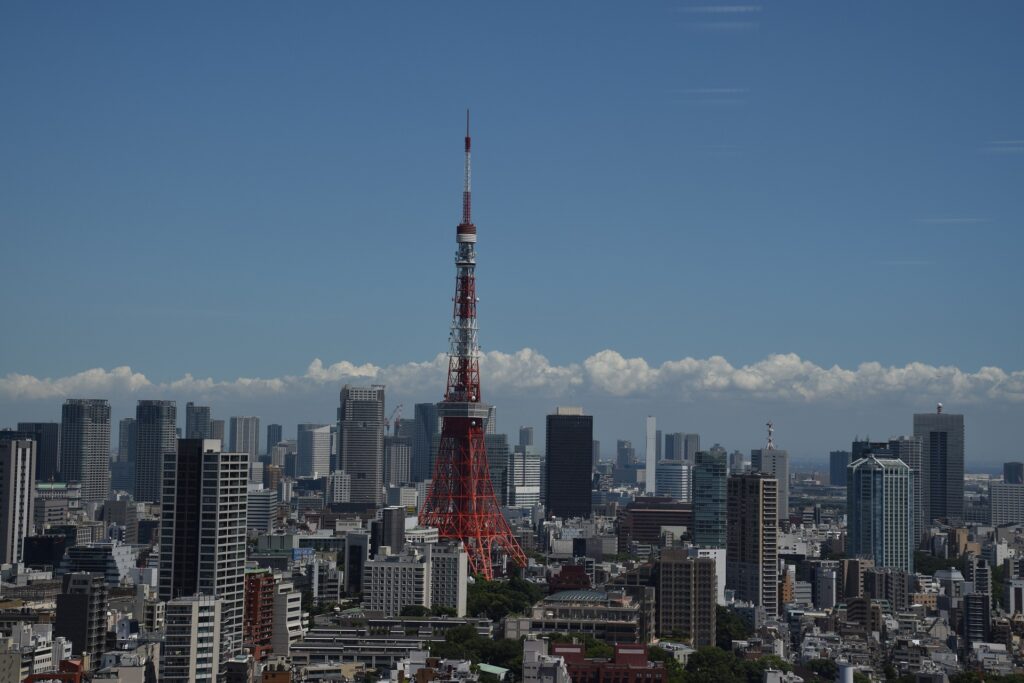
Tokyo Tower, a prominent landmark in Minato, Tokyo, stands at 333 meters tall. Inspired by the Eiffel Tower, it serves as a communications and observation tower. Visitors can enjoy panoramic city views from its observation decks, making it a popular tourist destination and symbol of Tokyo.
Tokyo Skytree
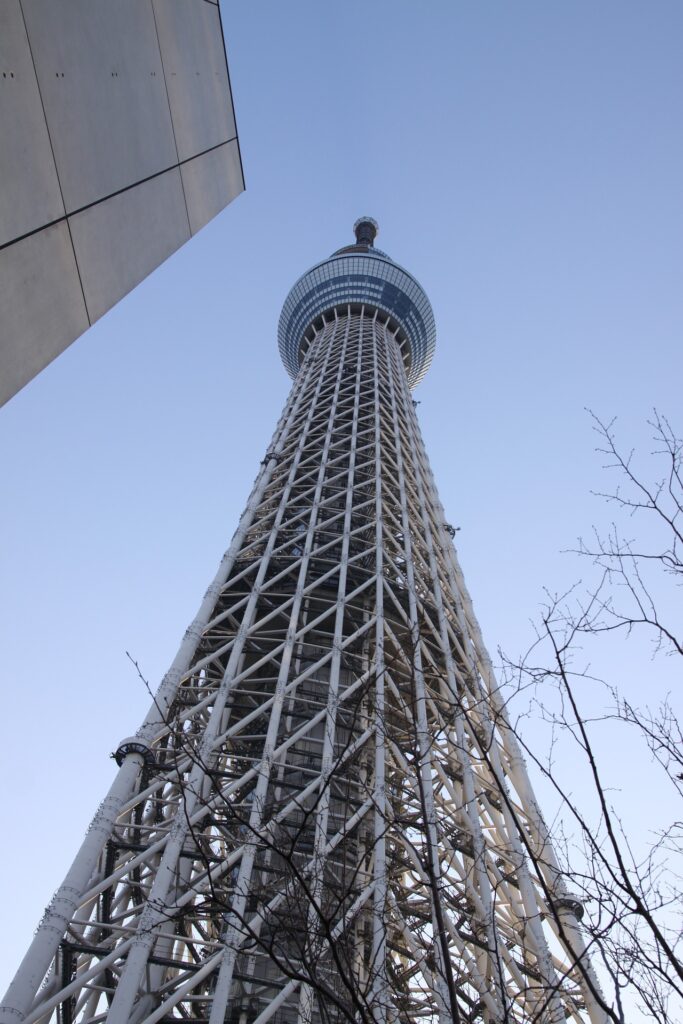
Tokyo Skytree, located in Sumida, Tokyo, is the tallest structure in Japan at 634 meters. This broadcasting and observation tower offers stunning panoramic views of the city from its two observation decks. Opened in 2012, it also houses shopping, dining, and an aquarium, attracting numerous visitors.
Shibuya Crossing
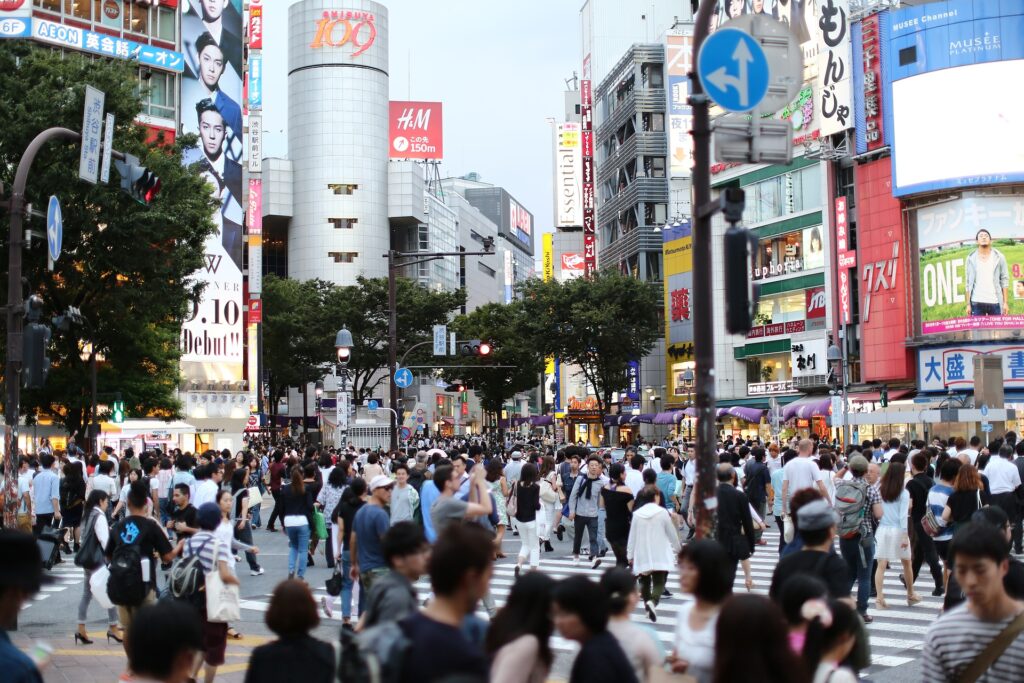
Shibuya Crossing, located in front of Shibuya Station, is one of Tokyo’s most iconic sights. Known for its massive pedestrian scramble, hundreds of people cross simultaneously from all directions. Surrounded by neon lights and towering screens, it epitomizes the city’s vibrant, fast-paced energy.
Cultural Experiences
Tokyo National Museum
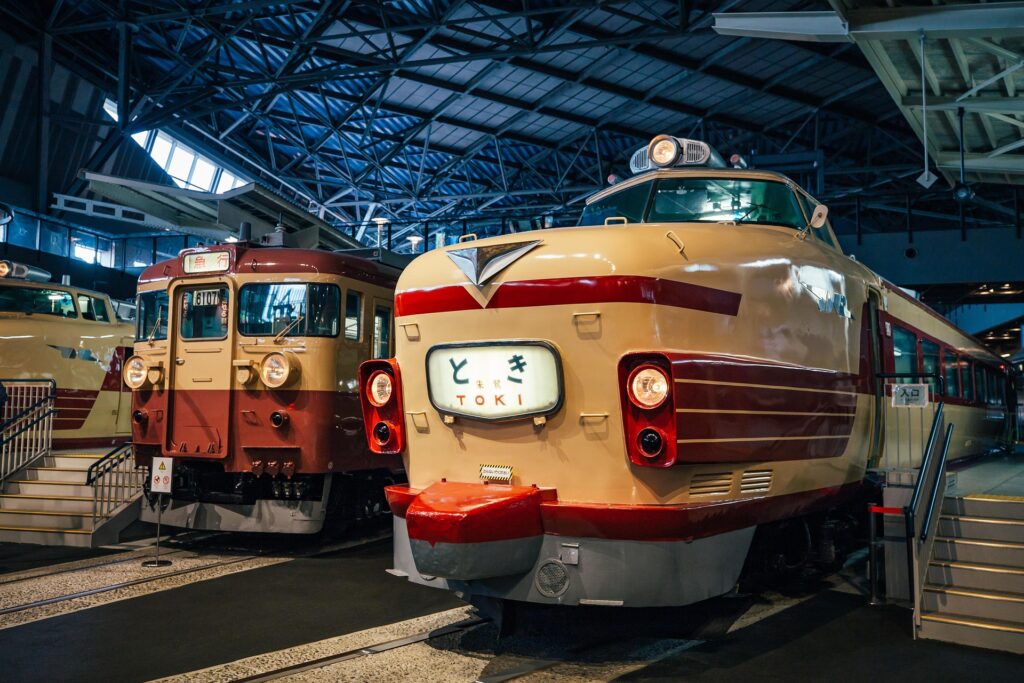
The Tokyo National Museum, located in Ueno Park, is Japan’s oldest and largest museum. It houses an extensive collection of art and antiquities, including samurai armor, traditional ceramics, and ancient Buddhist sculptures. The museum offers a deep insight into Japan’s rich cultural and historical heritage.
Mori Art Museum
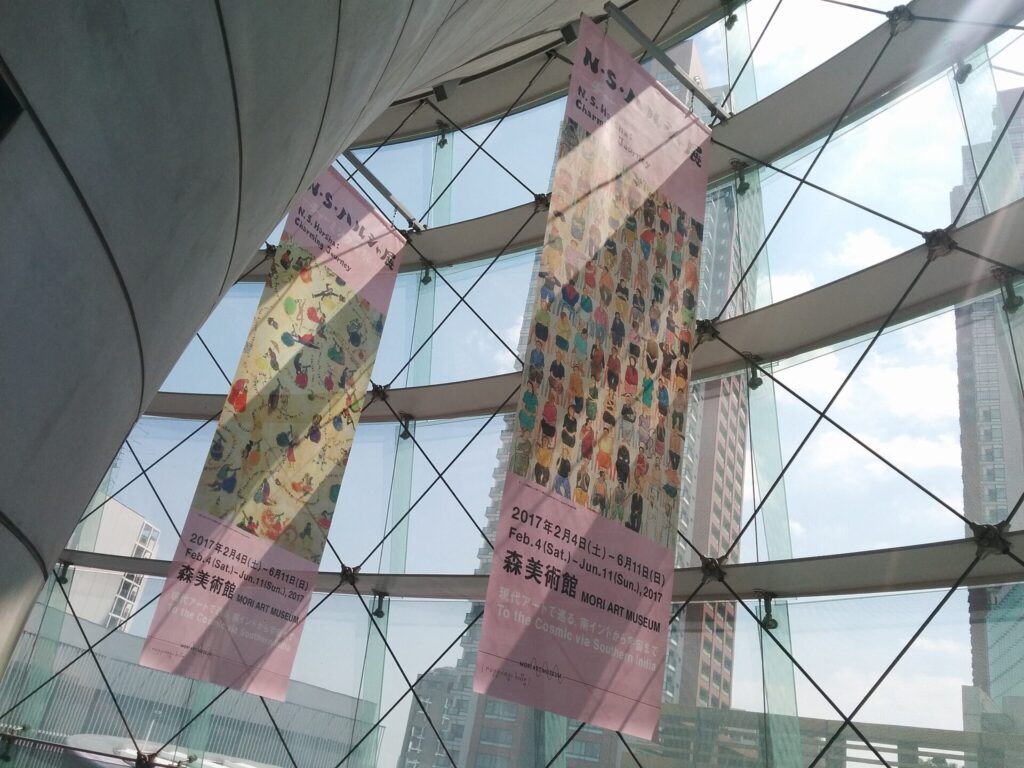
The Mori Art Museum, situated atop Roppongi Hills Mori Tower, showcases contemporary art from Japan and around the world. Opened in 2003, it features rotating exhibitions, installations, and multimedia works. The museum also offers stunning views of Tokyo, enhancing the cultural and visual experience for visitors.
teamLab Borderless
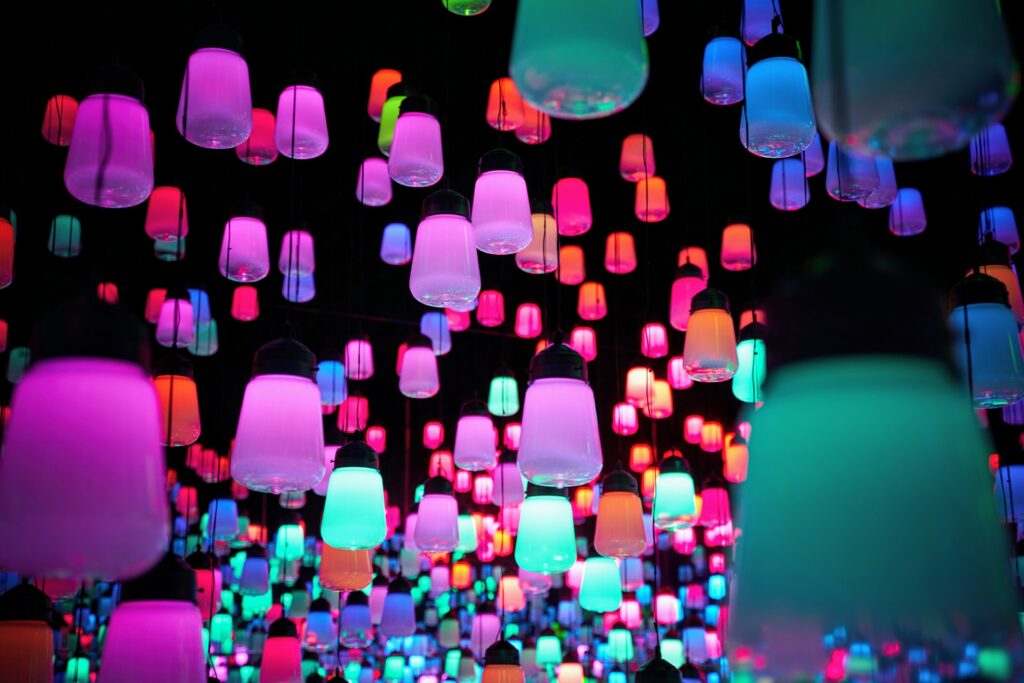
teamLab Borderless, located in Odaiba, Tokyo, is a digital art museum where immersive, interactive installations transcend traditional boundaries. Opened in 2018, the museum’s dynamic, ever-changing exhibits use light and technology to create a mesmerizing, otherworldly experience, captivating visitors of all ages with its innovative artistry.
Tea Ceremonies
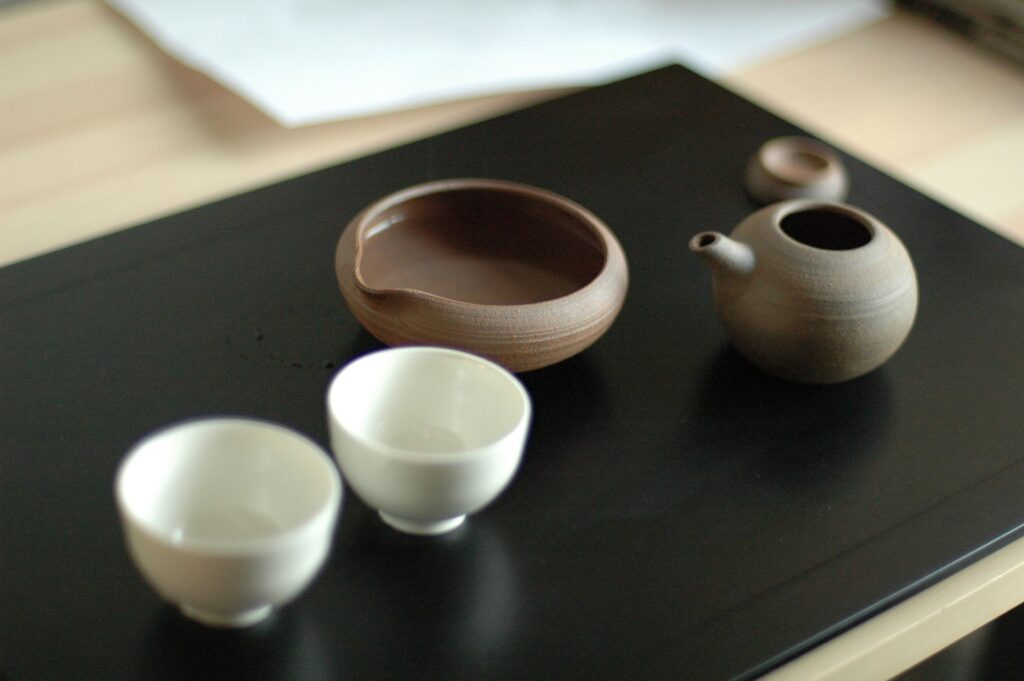
Tokyo’s tea ceremonies offer a serene cultural experience, celebrating the art of Japanese tea. Held in traditional tea houses and gardens, these ceremonies emphasize harmony, respect, purity, and tranquility. Participants can enjoy matcha tea and sweets while appreciating the meticulous, graceful rituals and beautiful surroundings.
Sumo Wrestling
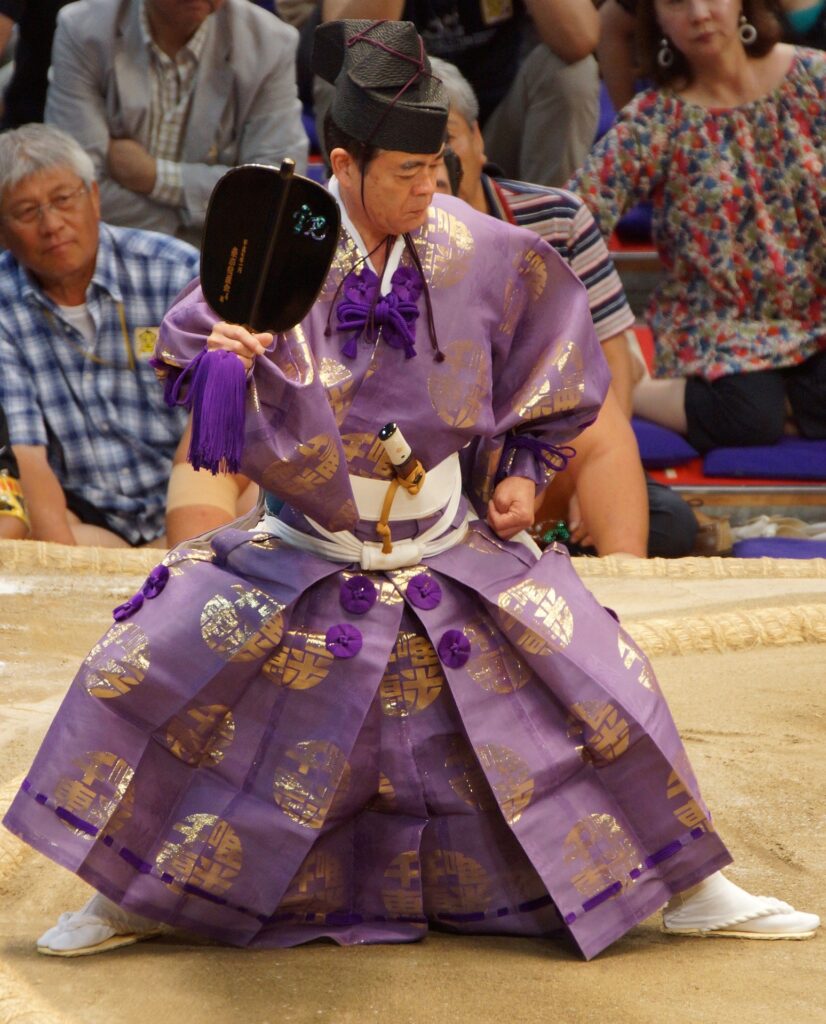
Sumo wrestling, Japan’s national sport, features heavyweight wrestlers in intense bouts. Tokyo hosts major tournaments at Ryogoku Kokugikan, attracting fans worldwide. Steeped in tradition, sumo matches are preceded by ritual ceremonies, showcasing the sport’s deep cultural roots and the wrestlers’ exceptional skill and strength.
Kimono Wearing
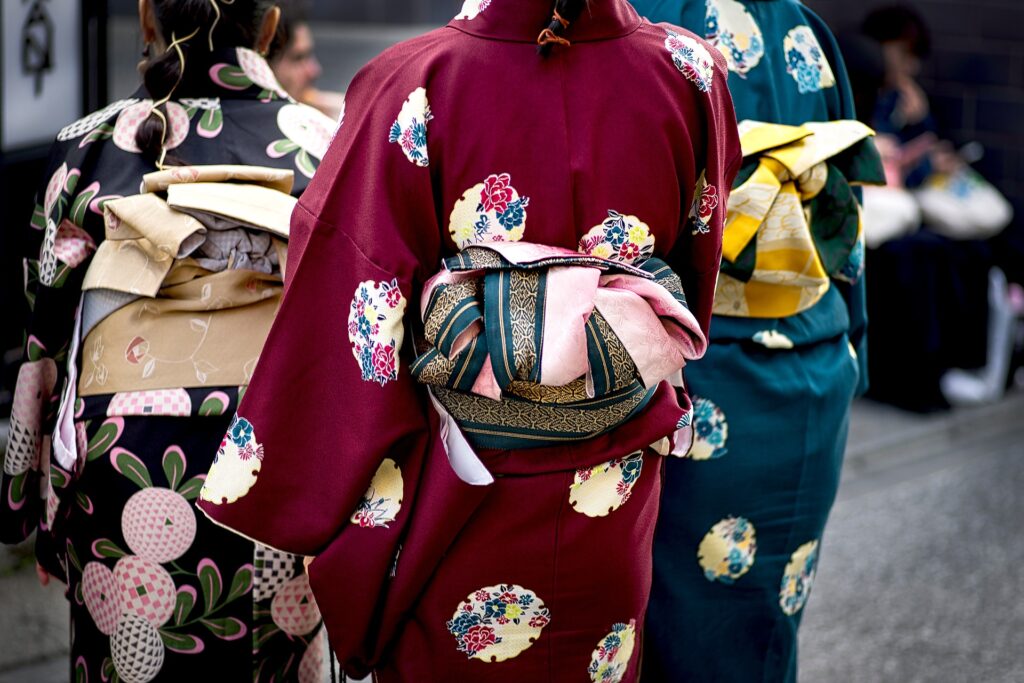
Kimono wearing in Tokyo is a cherished tradition, reflecting Japan’s rich cultural heritage. From formal occasions to festivals, wearing a kimono is a symbol of elegance and grace. Tokyo offers numerous opportunities for visitors to experience the art of kimono dressing and immerse themselves in Japanese culture.
Nature and Parks
Ueno Park
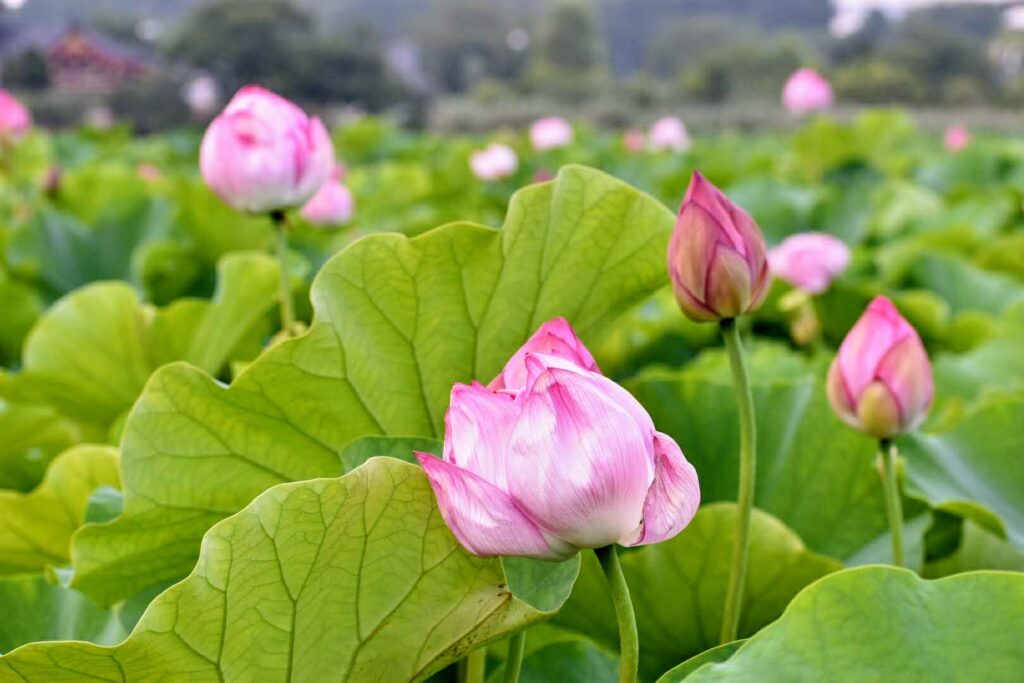
Ueno Park, located in central Tokyo, is a vibrant cultural and recreational area. Renowned for its cherry blossoms in spring, it houses several museums, including the Tokyo National Museum, a zoo, and scenic ponds. The park offers a peaceful escape amidst Tokyo’s bustling urban landscape.
Shinjuku Gyoen National Garden
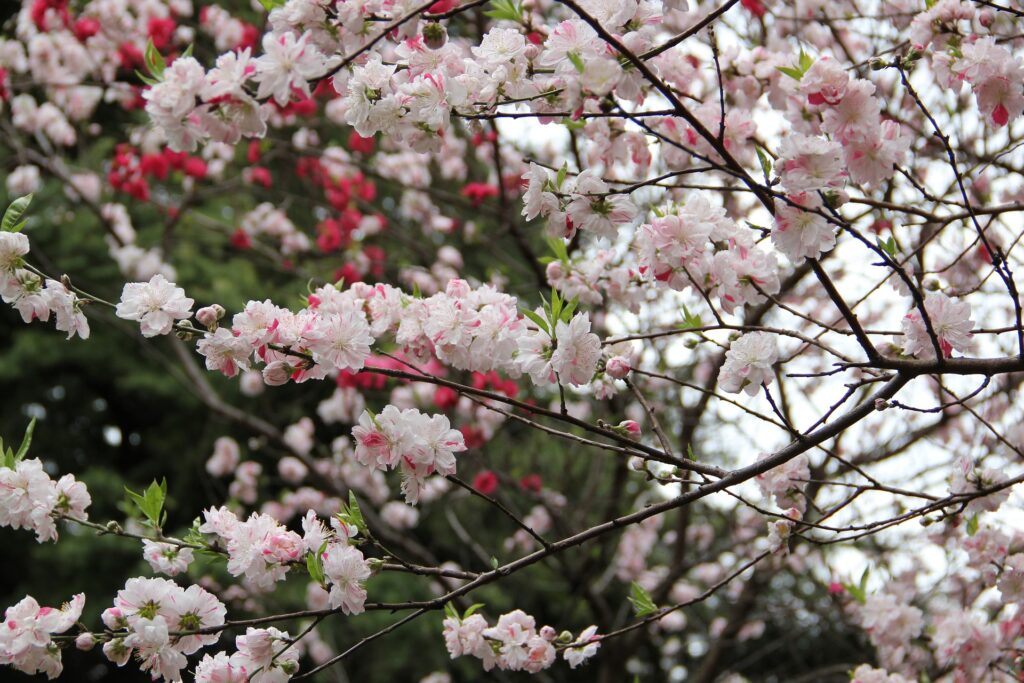
Shinjuku Gyoen National Garden, located in Tokyo’s Shinjuku district, is a vast and tranquil oasis featuring traditional Japanese, English, and French gardens. Renowned for its cherry blossoms in spring and vibrant foliage in autumn, it provides a serene retreat from the bustling city life.
Yoyogi Park
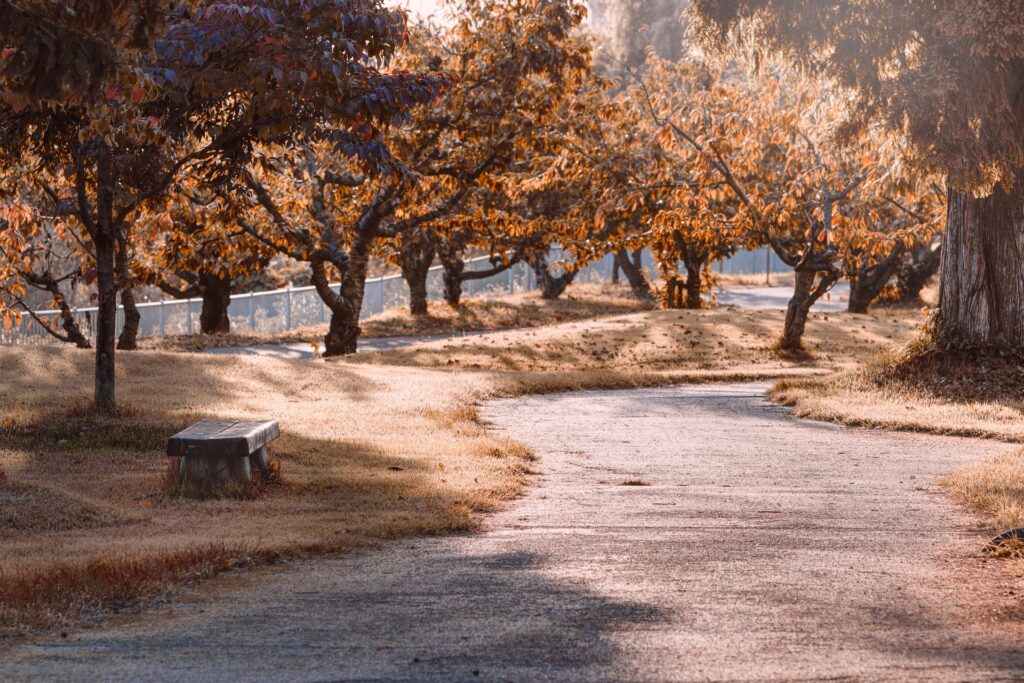
Yoyogi Park, located adjacent to Harajuku Station and Meiji Shrine in Tokyo, is a spacious urban park popular for its wide lawns, ponds, and wooded areas. It’s a favorite spot for picnics, jogging, and outdoor activities, offering a peaceful retreat amidst Tokyo’s bustling cityscape.
[penci_related_posts title=”You Might Be Interested In” number=”4″ style=”grid” align=”none” displayby=”recent_posts” orderby=”random”]
Practical Travel Tips
Transportation
- Subway and Trains: Tokyo’s public transportation system is extensive, efficient, and easy to navigate. Get a Suica or Pasmo card for convenient travel.
- Buses: A reliable option for getting around, especially in areas not covered by trains.
- Taxis: Widely available but more expensive; useful for late-night travel or reaching specific destinations.
Accommodation
- Luxury Hotels: Options include The Ritz-Carlton Tokyo, Mandarin Oriental Tokyo, and Park Hyatt Tokyo.
- Mid-Range Hotels: Consider Shibuya Excel Hotel Tokyu or Hotel Sunroute Plaza Shinjuku.
- Budget Stays: Hostels, capsule hotels, and guesthouses offer affordable accommodations in areas like Asakusa and Ueno.
Dining
- Street Food: Try popular street foods like takoyaki (octopus balls), yakitori (grilled chicken skewers), and taiyaki (fish-shaped cakes).
- Traditional Restaurants: Enjoy sushi at Tsukiji Outer Market, ramen at Ichiran, and tempura at Tempura Tsunahachi.
- Cafés: Experience unique themed cafés, including animal cafés, maid cafés, and character cafés.
Shopping
- Ginza: A high-end shopping district with luxury brands, department stores, and fine dining.
- Harajuku: Famous for its trendy fashion boutiques, quirky shops, and the bustling Takeshita Street.
- Akihabara: The go-to place for electronics, anime, manga, and gaming enthusiasts.
Nightlife
- Roppongi: Known for its vibrant nightlife, with numerous bars, clubs, and international restaurants.
- Shinjuku: Explore the lively entertainment district of Kabukicho, with its countless bars, clubs, and the Robot Restaurant.
- Shibuya: Offers a mix of trendy bars, nightclubs, and live music venues.
My pictures of Tokyo, Japan
Tokyo, Japan
Sumo Wrestling
Tokyo Disneyland
Like this Post? Save it on Pinterest!
